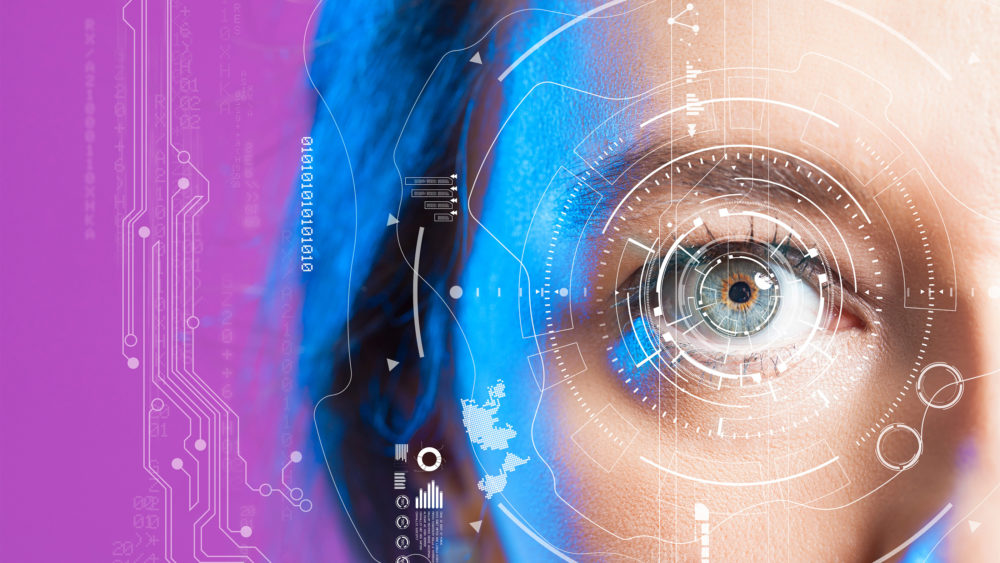
Artificial intelligence (AI) is now being used more often in various industries, and the eyecare and optometry fields are no exception. From detecting vision problems to assisting with diagnoses and treatment plans, AI has the potential to transform the way optometry and eyecare are practiced. Join us as we explore the current and potential uses of artificial intelligence in optometry and the eyecare industry.
Diagnostic and Detection Tools
One of the primary ways that AI is being used in the eyecare industry is through the development of diagnostic and detection tools. These tools use machine learning algorithms to analyze images and data, such as fundus photographs or electronic medical records, to identify abnormalities or potential vision problems. AI can also be used to detect signs of diseases such as glaucoma or age-related macular degeneration in their early stages, allowing for timely treatment and potentially better outcomes.
Treatment and Management Plans
In addition to its diagnostic capabilities, AI can also be used to assist with the development of treatment and management plans for patients. AI can provide recommendations for medications, therapies, or other interventions by analyzing a patient’s medical history and current condition. AI can also be used to monitor a patient’s progress and make adjustments to the treatment plan as needed. This can be particularly useful in managing chronic conditions, where regular monitoring and adjustments to treatment may be required.
Patient Education and Engagement
AI can also be used to improve patient education and engagement. For example, AI-powered chatbots or virtual assistants can be used to provide patients with information about their condition and treatment options, as well as to answer questions and address concerns. These tools can be very useful for providing support and guidance to patients who may not have easy access to in-person care. By using AI to enhance communication and education, practitioners can help empower patients to take a more active role in their own healthcare.
Ethical and Legal Considerations
As with any technology, the use of AI in the eyecare industry raises ethical and legal considerations. For example, there may be concerns about the accuracy and reliability of AI-powered diagnostic tools, as well as the potential for bias in their decision-making processes. It is important for practitioners to carefully evaluate the risks and benefits of using AI in their practice and to ensure that patients are fully informed about its use. There may also be legal issues to consider, such as the regulation of AI-powered devices and the liability of practitioners who use them.
All in All
AI has the potential to greatly improve the efficiency and effectiveness of optometry and eyecare practices. While there are challenges and ethical considerations to be addressed, the use of AI in this field is likely to continue to grow and evolve in the coming years. By staying informed and staying up-to-date with the latest developments, practitioners can ensure that they are able to effectively utilize this powerful technology to benefit their patients.
We may only be human, but Allentown Optical has a diverse range of optical services and products, so you can best serve your patients. Contacts us today to explore our services and see how our lab’s optical solutions can benefit your practice.
